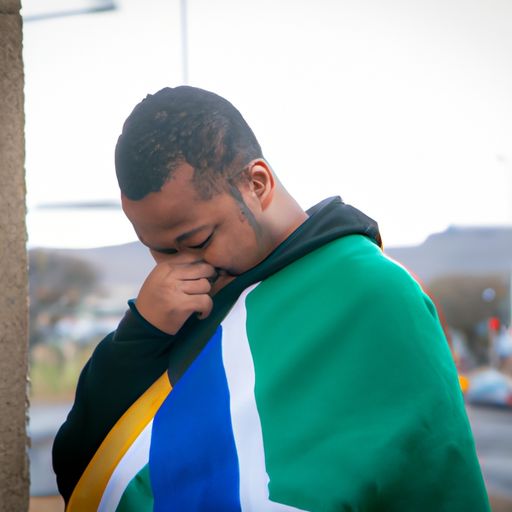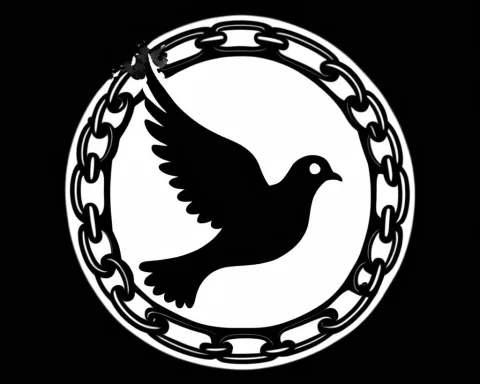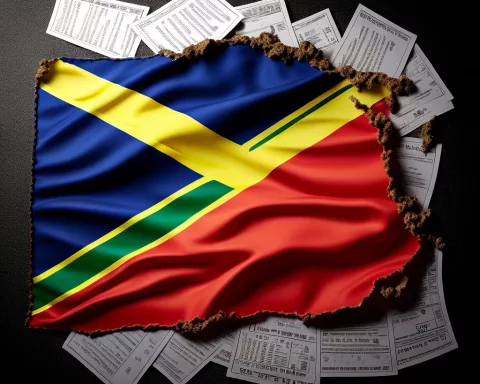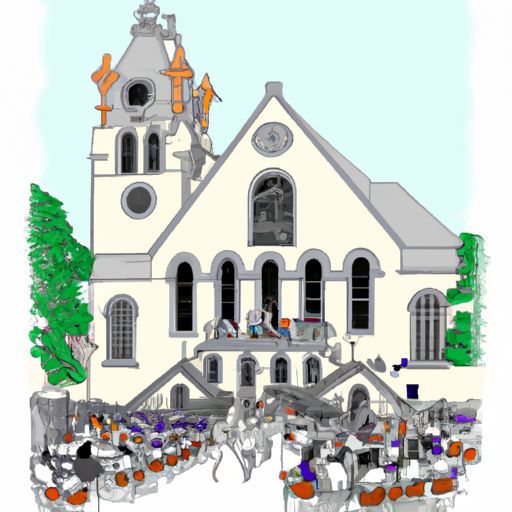The South African Supreme Court of Appeal has ruled that exhibiting the old South African flag in public is a form of hate speech, unfair discrimination based on race, and harassment following equality legislation. The decision comes after nationwide demonstrations by Afriforum, a group that played a leading role in the Black Monday protests highlighting the murders of farmers. The old flag was displayed during these demonstrations, prompting the Nelson Mandela Foundation Trust (NMFT) to file a complaint against Afriforum.
NMFT CEO testifies on the painful impact of old flag display
In his testimony, NMFT Chief Executive Officer, Sello Hatang, revealed that displaying the old flag brought back painful memories from his childhood. During an incident when he was ten years old, he was called the K-word by two white children, which was his first experience of being told that he was subhuman. Hatang stated that the flag represented the inhumane Apartheid system, and its display, even after the end of Apartheid, is a reminder that South Africans still view the black community as ‘other’ and reserve the right to strip them of their humanity.
Afriforum argues against the absolute ban but loses appeal
Afriforum argued against the ban, stating that flag displays do not serve any academic, artistic, or journalistic purpose and that an absolute ban would infringe on the right to free expression. The Equality Court still declared that flag displays constituted hate speech, harassment, and unfair discrimination, a decision upheld by the Supreme Court of Appeal. Justice Schippers found that Afriforum failed to make an appropriate argument against the ban’s implementation since the law did not infringe on the mentioned rights. Therefore, the court dismissed the appeal without charges because it concerned safeguarding fundamental freedoms.












